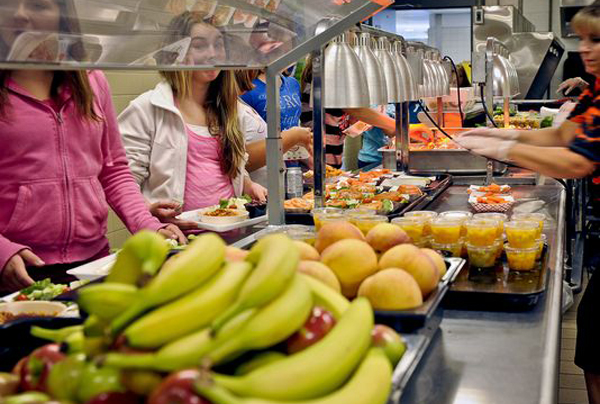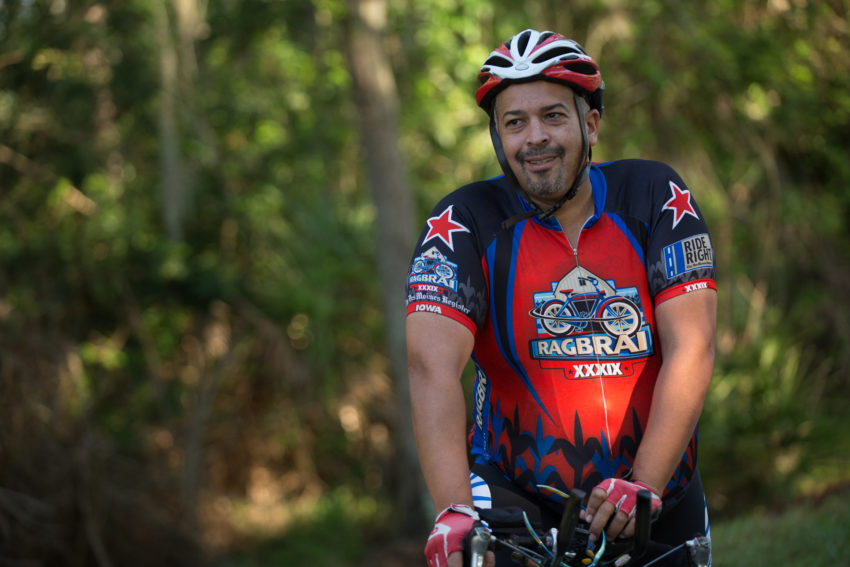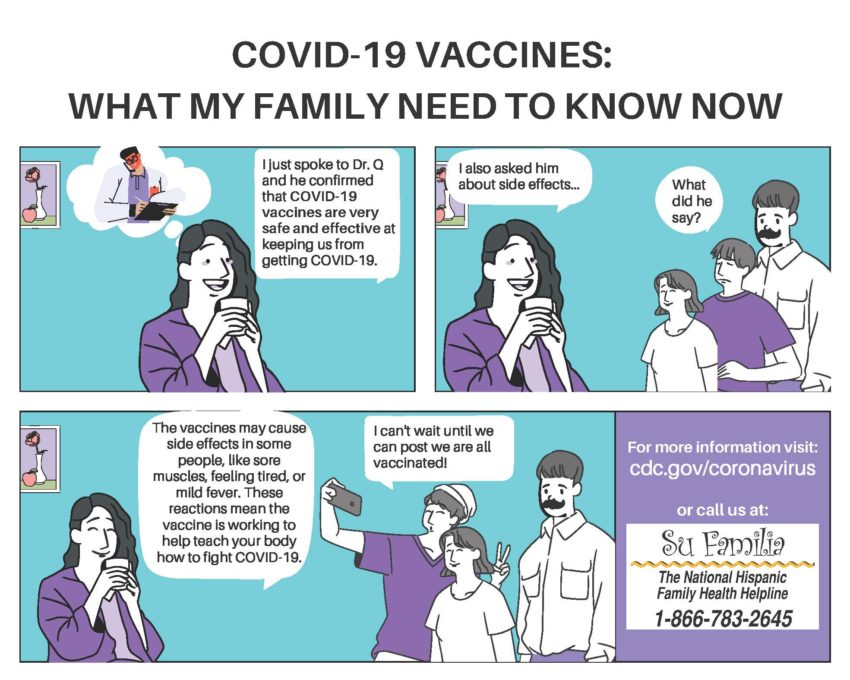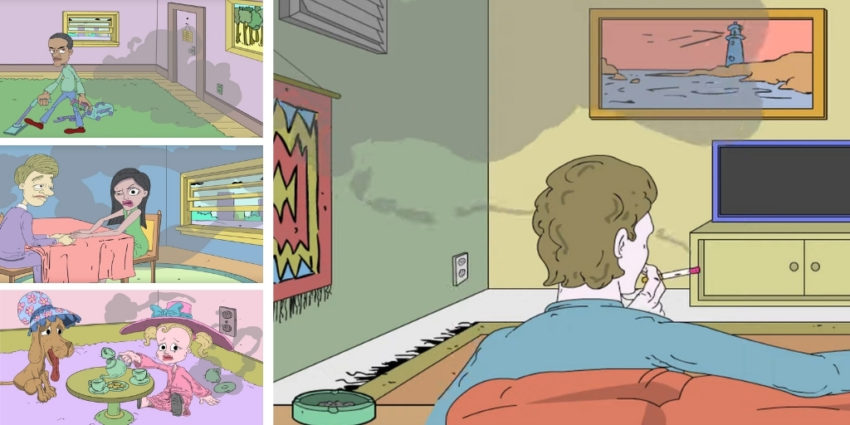School Meals Play Big Role in Health of American Children, Especially Latinos
School meals are important contributors to the healthy diets of our nation’s children. This is especially true for children in food insecure homes, almost half of whom are Latino, according to 14 papers published in a special issue of the journal Nutrients. The papers make important links between school meals and food security, obesity, and racial/ethnic disparities. "These new papers go even deeper in exploring how national policies [including the Healthy, Hunger-Free Kids Act] have affected children and schools,” said Dr. Mary Story of Healthy Eating Research, which commissioned the new papers. “As Congressional leaders look to reauthorize the bill this year, it’s critical that these standards are kept in place.” Update 4/8/21: Jamie Bussel of the Robert Wood ...
Read More






